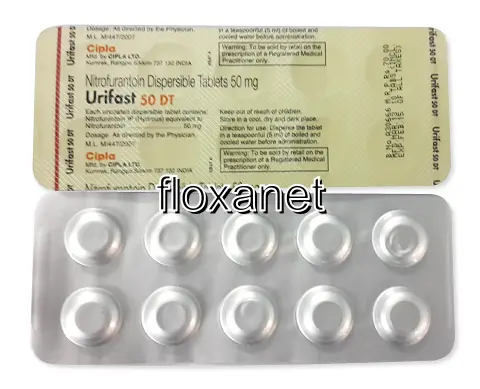| Package | Dosage | Price | Price per Dose | |
|---|---|---|---|---|
| Dosage: 50mg | ||||
| 300 pill | 50mg | €245.74 | €0.82 | |
| 200 pill | 50mg | €183.21 | €0.92 | |
| 100 pill | 50mg | €107.75 | €1.08 | |
| Dosage: 100mg | ||||
| 360 pill | 100mg | €280.84 | €0.79 | |
| 180 pill | 100mg | €148.05 | €0.82 | |
| 120 pill | 100mg | €115.15 | €0.96 | |
| 90 pill | 100mg | €95.17 | €1.06 | |
| 60 pill | 100mg | €69.32 | €1.16 | |
| 30 pill | 100mg | €41.12 | €1.37 | |

Nitrofurantoin Description
Overview of Nitrofurantoin
Nitrofurantoin is a widely used antibiotic primarily prescribed to treat urinary tract infections (UTIs). It belongs to the class of nitrofuran antibiotics, which are known for their broad-spectrum antibacterial activity. This medication is effective against many common bacteria that cause UTIs, including Escherichia coli, Enterococcus faecalis, and some strains of Klebsiella and Staphylococcus species. Nitrofurantoin is recognized for its targeted action within the urinary tract, making it a preferred choice for uncomplicated infections.
Mechanism of Action
The mechanism by which Nitrofurantoin works involves disruption of bacterial enzyme systems and damage to bacterial DNA. Once inside the bacterial cell, the drug is reduced by bacterial flavoproteins to reactive intermediates that interfere with various vital bacterial functions. This process inhibits bacterial reproduction and ultimately leads to the destruction of the bacteria. Its activity is concentrated within the urinary tract, which helps minimize systemic side effects while effectively eradicating infection locally.
Usage and Dosage
Nitrofurantoin is typically prescribed as a course of oral capsules or liquid suspensions. The dosage depends on factors such as the severity of the infection, patient age, kidney function, and overall health. A common regimen involves taking 100 mg twice daily for about 5 to 7 days for uncomplicated UTIs. It is recommended to take the medication with food or milk to reduce gastrointestinal discomfort and enhance absorption. Patients are advised to complete the full course of treatment even if symptoms improve early, to ensure complete eradication of the bacteria.
Advantages and Effectiveness
One of the main advantages of Nitrofurantoin is its high efficacy against common urinary pathogens. Its targeted activity spares the rest of the body's bacterial flora, reducing the risk of antibiotic resistance development. Additionally, its limited systemic distribution means fewer side effects related to systemic antibiotic therapy. Many patients experience quick symptom relief, and the medication has a long-standing history of safe use when prescribed appropriately. It remains an affordable and accessible option for treating uncomplicated UTIs in many regions.
Potential Side Effects and Precautions
While Nitrofurantoin is generally well tolerated, some patients may experience side effects. Common adverse reactions include nausea, loss of appetite, and gastrointestinal discomfort. Rare but serious side effects such as pulmonary reactions, peripheral neuropathy, and hemolytic anemia can occur, especially in individuals with underlying health issues or long-term use. Patients with impaired kidney function, pregnant women in their late stages, or those with known hypersensitivity to nitrofurantoin should avoid this medication or use it under strict medical supervision. Regular monitoring may be necessary for some patients to prevent adverse events.
Interactions and Contraindications
Nitrofurantoin can interact with other medications, such as antacids containing magnesium trisilicate, which may decrease its absorption. It is also contraindicated in patients with significant renal impairment because reduced kidney function decreases the drug's effectiveness and increases the risk of adverse effects. Patients on other potent antibiotics or medications affecting renal function should inform their healthcare provider before starting Nitrofurantoin. Pregnant women should consult their doctor, especially during the later stages of pregnancy, as safety data suggest caution may be warranted.
Conclusion
Overall, Nitrofurantoin remains a highly effective and safe medication for treating uncomplicated urinary tract infections when used appropriately. Its targeted action within the urinary tract, combined with a proven safety profile, makes it a valuable tool for healthcare providers. Proper usage, awareness of potential side effects, and consultation with a medical professional are essential to maximize benefits and minimize risks. Its affordability and accessibility also contribute to its continued popularity for managing UTIs worldwide.
See Also
